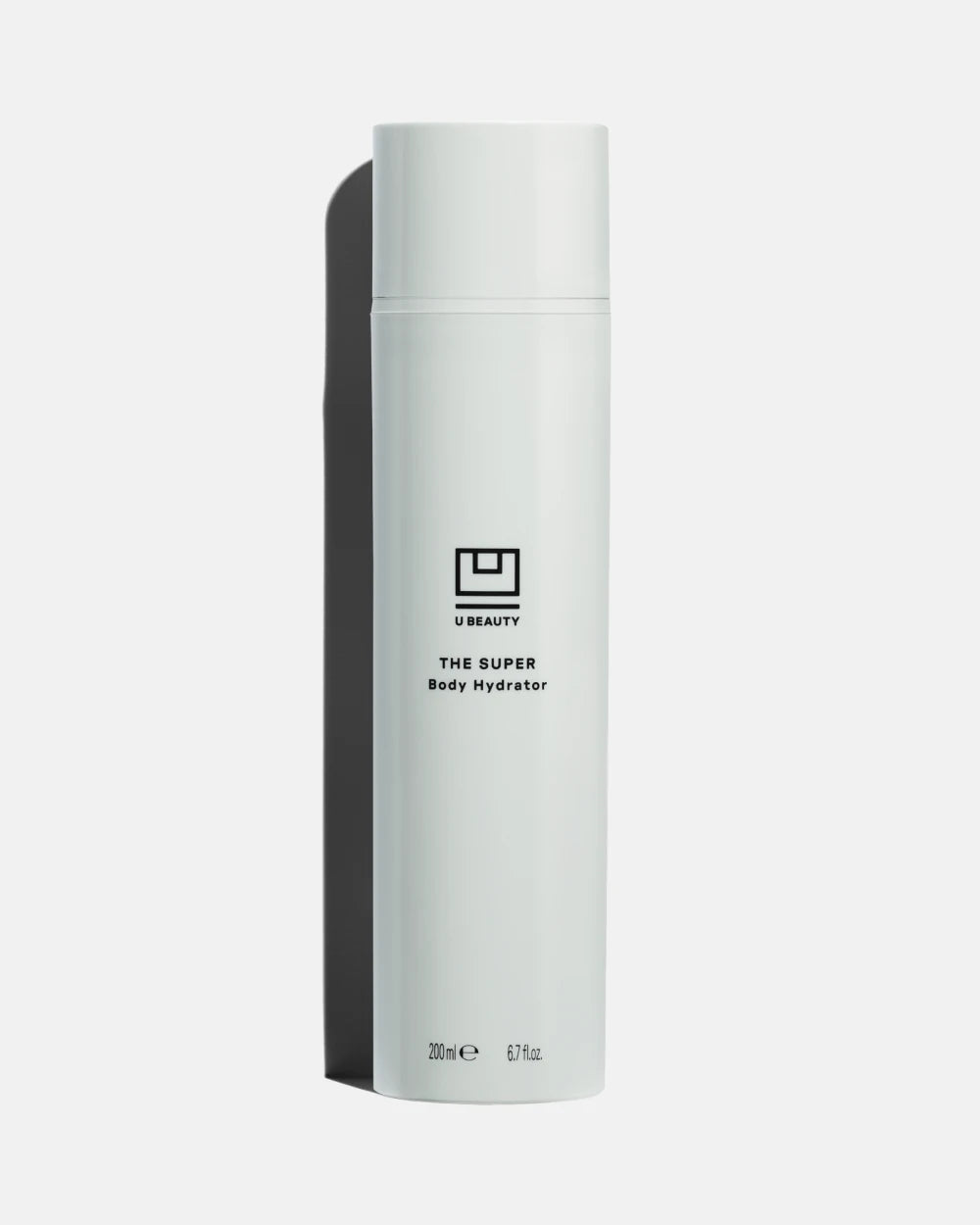They're mothers and career women, and they're busy redefining women's wellness with pla...

The Protocol
They're mothers and career women, and they're busy redefining women's wellness with plant power. From theta therapy to detox protocols, Taylor Lam...
Read More


















